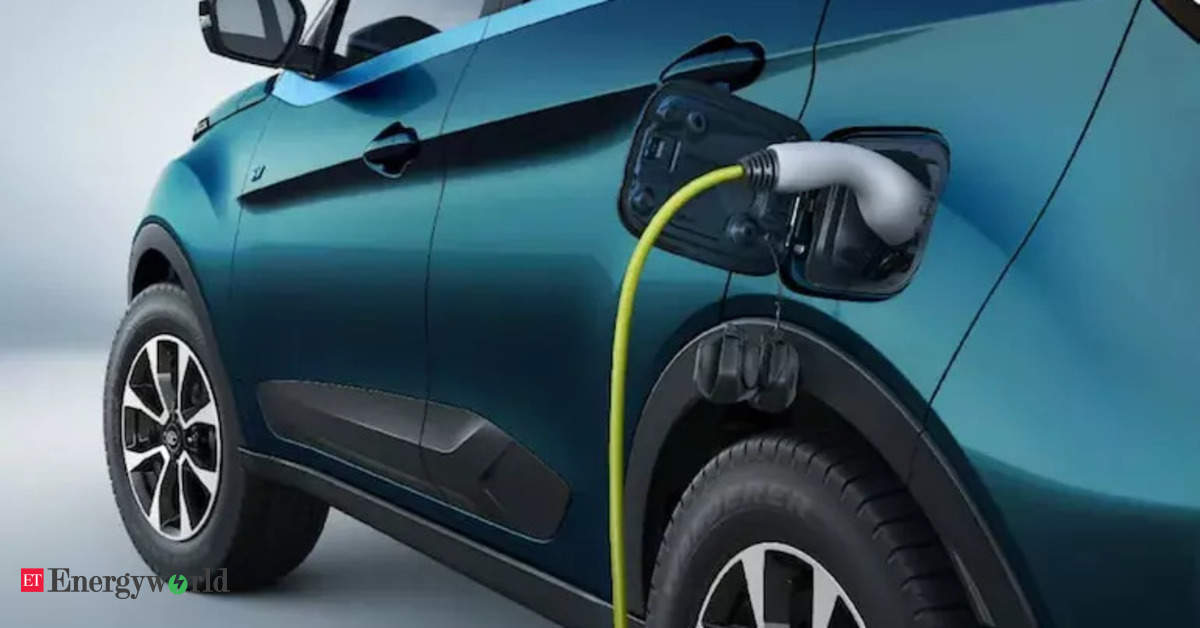India’s EV market currently has limited capabilities for fast-charging EVs, it said. “However, going forward, public fast charging, complemented by AC chargers of capacity ranging from 3-22kW at workplaces, shopping malls, and restaurants, will be needed to support the charging infrastructure in India.”
“Currently, the number of charging stations are too less, of the order of approximately 32 EVs per charging station in India,” the report added.
“However, the target for 2030 seems achievable considering that the establishment of 5 lakh, charging stations is already in the pipeline by various charge point operators as well as oil marketing companies in addition to various centre and state-led initiatives,” the report further added.
India’s EV market currently has limited capabilities for fast-charging EVs, it said. “However, going forward, public fast charging, complemented by AC chargers of capacity ranging from 3-22kW at workplaces, shopping malls, and restaurants, will be needed to support the charging infrastructure in India.”
Massive steps need to be undertaken for installation of charging stations in India to overcome the chicken and egg problem the EV sector is facing today, the report suggested.
All the new home and workplace parking areas should be mandated to have a percentage of overall parking space as EV ready, it said. Even petrol pumps need to be mandated to have atleast one charging station in their premises.
“Policies could consider capping rental costs for public charging stations, making availability of land banks easier and leasing costs slashed, and establishing a charging infrastructure investment facility funded by public money, say partially.”
Setting up a charging station, being a capital-intensive exercise with no immediate returns, requires financial assistance. Hence, a fund specially curated for Charging Infrastructure is therefore required to lower the initial CAPEX for setting up the business and cover the associated risks, the report suggested. “One such instrument is viability gap funding capable of reducing the overall cost of operations of the business,”

